Last updated on December 18th, 2024 at 01:39 pm

Infrared in physiotherapy is a mode of treatment that uses the heating effect of infrared rays to treat a number of musculoskeletal pain. It is widely used in the physical therapy departments for conditions such as low back pain, neck pain, frozen shoulder, and knee pain, and it gives almost instant pain relief. This is why using an infrared lamp in the home is gaining popularity. With its instant relief of pain and ease of use, more and more people are interested in infrared lamp therapy.
But, since it’s
Infrared in physiotherapy
Infrared radiation therapy is a modality widely used in Physiotherapy to manage pain. It is a part of electrotherapy in which an infrared lamp emits IR rays. When our body absorbs these IR rays, they produce a heating effect, which is beneficial in several musculoskeletal pain conditions.
The infrared (IR) is an invisible form of electromagnetic radiation with wavelengths between 780 nm and 1000 μm. It is divided into three different bands (according to standard ISO20473:2007): near-infrared, mid-infrared and far-infrared rays.
- Near-Infrared (NIR, 0.78~3.0 μm),
- Mid-Infrared (MIR, 3.0~50.0 μm) and
- Far-Infrared (FIR, 50.0~1000.0 μm)[1].
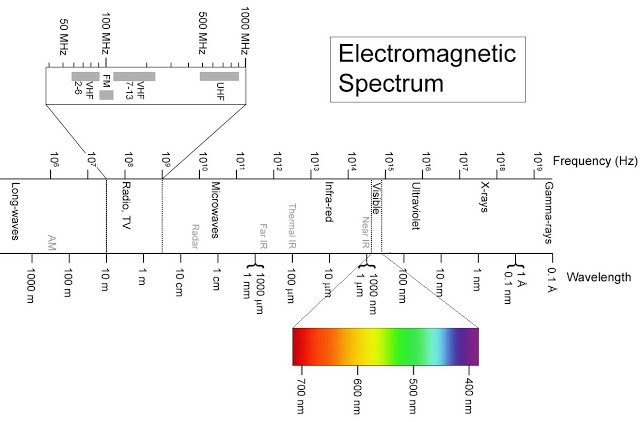
If we analyse the infrared spectrum (figure below), the infrared ray lies immediately inferior to the red visible light. This is why it is named infrared rays.
However, its working principle differs from other heating agents in electrotherapy, such as short-wave diathermy and ultrasonic therapy.
So, what is the working principle of infrared physiotherapy?
Working principle of infrared physiotherapy
The infrared lamp works on the principle of thermotherapy. To understand how it works, we must first understand what thermotherapy is. what are infrared rays?
The therapeutic application of heat is called thermotherapy. The infrared lamp is an instrument that provides thermotherapy. It conducts heat onto our body via radiation. It comes in various types and has different shapes and sizes. With the advent of technology, it is also available in a portable variety. Portable infrared lamps have become very popular, and people keep them home for their needs.
Types of Infrared Lamps for Physiotherapy
Infrared radiation is produced in two forms: luminous and non-luminous. Absorption depends on the structure, type, vascularity, and pigmentation of the body tissues to facilitate changes within them 1.
Energy penetration into a medium depends upon the intensity of the infrared source. Maximal penetration occurs with wavelengths of 1.2mm, where the skin is usually opaque to wavelengths of 2mm and more1. In acute inflammatory conditions, the non-luminous generator may be used because the sedative effect of the rays may be more effective in relieving pain than the counterirritant effect produced by the shorter rays of the luminous generator, which is more effective in chronic lesions.
1. Non-luminous IR generator
As the name suggests, it is a machine that produces only infrared rays without visible light. These kinds of infrared heat generation devices are known as infrared heating pads.
Below is an infrared heating pad you can use for joint pain by plugging it into the power supply.
2. Luminous Infrared generator
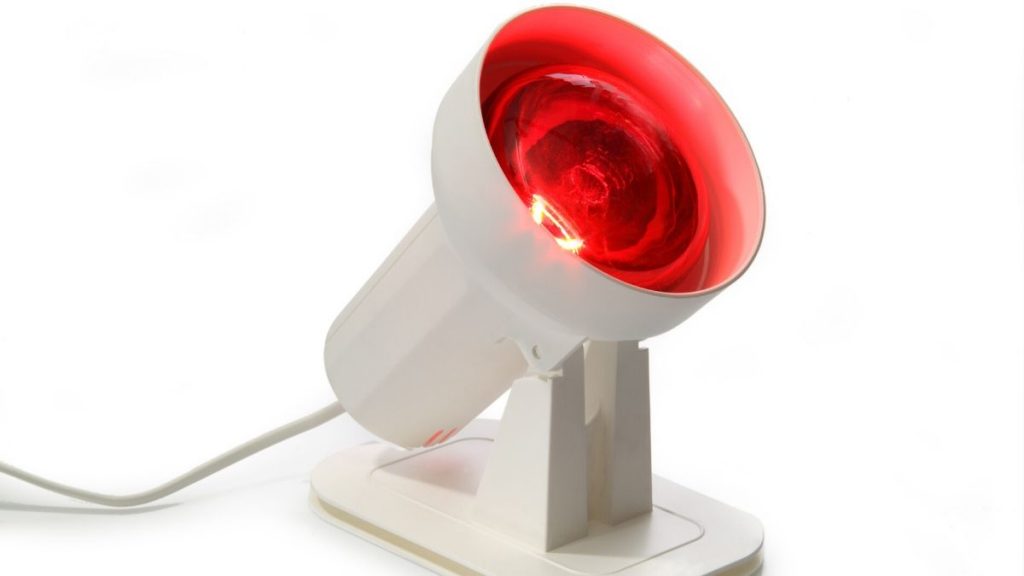
The image above is a luminous generator infrared lamp. Notice the bright red light and lamp; it is a luminous generator. The luminous generator produces infrared rays with visible light. An incandescent bulb is used; the luminous generator is more commonly used.
These infrared lamps are straightforward to use; you need to plug them in and use them.
Contraindications of IR therapy
Now that you know the indications, learning where to avoid them is equally important. The following are the contraindications of an infrared lamp.
- Pregnancy.
- Over the metal implants.
- Knee replacement.
- Hip replacement.
- Pacemaker.
- Eyes.
Also read: TENS can be wonder for Fibromyalgia Pain|Study
Indications of Infrared Lamp Therapy
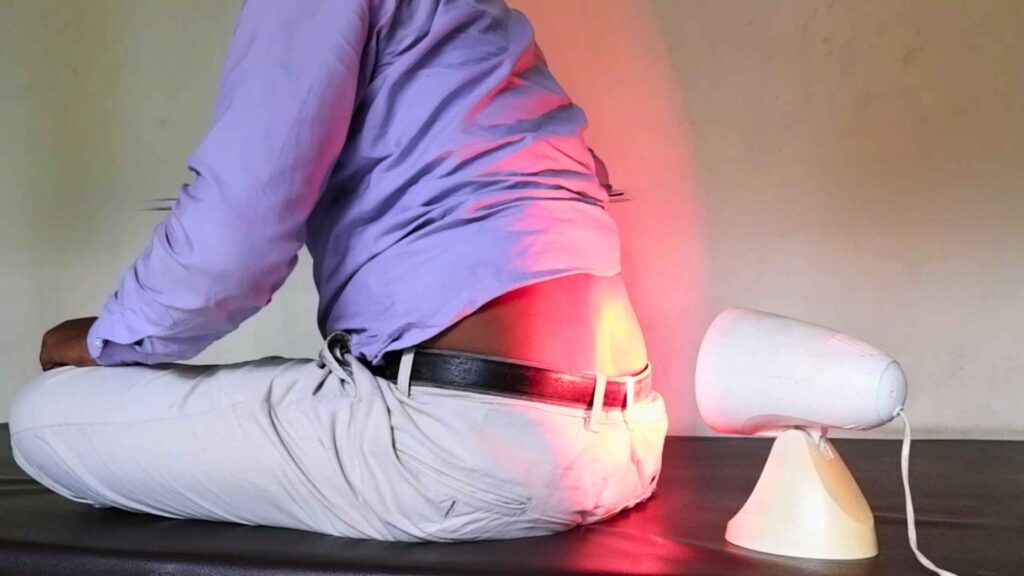
- Neck pain: Neck pain is caused by the stiffness of muscles around the neck.
- Shoulder pain.
- Frozen shoulder: Frozen shoulder, also known as adhesive capsulitis, is a restriction in the movement of the shoulder joint.
- Upper back pain: it may be due to muscular spasms or trigger points.
- Low back pain: Spasm of the low back muscle and chronic low back pain2.
- Knee pain: Osteoarthritis of the knee.
With time, it has become a popular home remedy for such pain. It is very effective in pain relief and easy to handle, which makes people use it for almost all kinds of joint and muscle pain. And, of course, without proper knowledge of its application and potential harm.
Since an infrared lamp is a heating device, it is important to know the correct method of application to avoid potential harm. Prepare yourself before using it. Come to a comfortable position and expose the body part. Remove metal objects like bangles and ornaments from the area of infrared application.
Guide to using infrared lamps safely at home.
Now that we know about infrared lamps for physiotherapy, what if you want to use them in the home? You can use an infrared lamp in the home; it’s handy and easy to use. It is effective in any of the musculoskeletal pain conditions mentioned above.
Infrared lamps are heating instruments. Therefore, we must follow the proper technique of application. Improper use may result in skin burns and other complications.
I have compiled all the necessary steps and precautions when using this lamp at home in a book. It’s a must-read
Common FAQ related to infrared therapy
Infrared lamp uses (IR light for pain)
Infrared lamp for physiotherapy side effects
Contraindications of infrared radiation in physiotherapy
Infrared therapy indications
The author is a physiotherapist who has been practising for the last 17 years. He holds a Bachelor's in Physiotherapy (BPT) from SVNIRTAR (Swami Vivekananda National Institute of Rehabilitation and Research), one of the prestigious physiotherapy schools in India.
Whatever he learns dealing with his patient, he shares it with the world through blogs and e-books. He also owns a YouTube channel, "Sunit Physiotherapist" with over 8 lakh active subscribers. Here, he shares everything he gets to learn serving the patient.
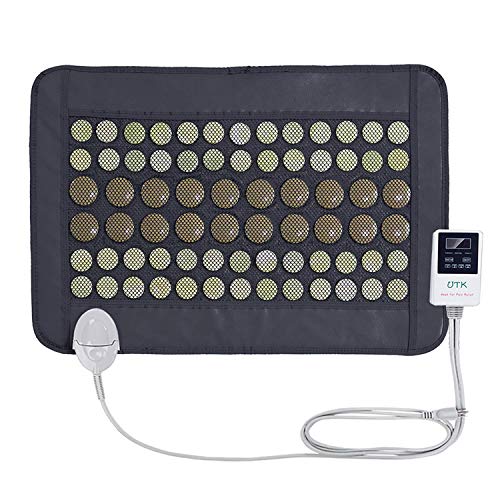
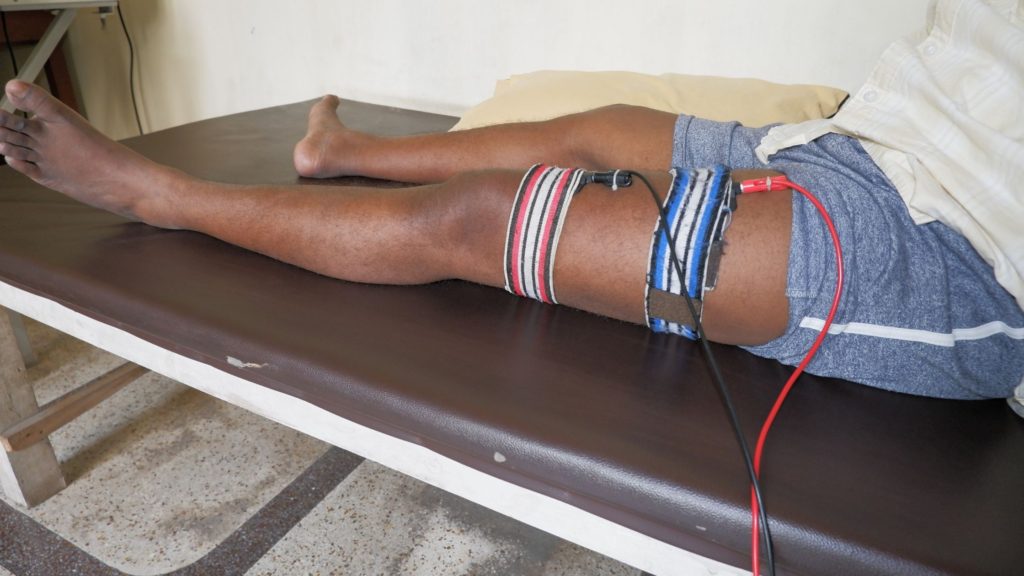
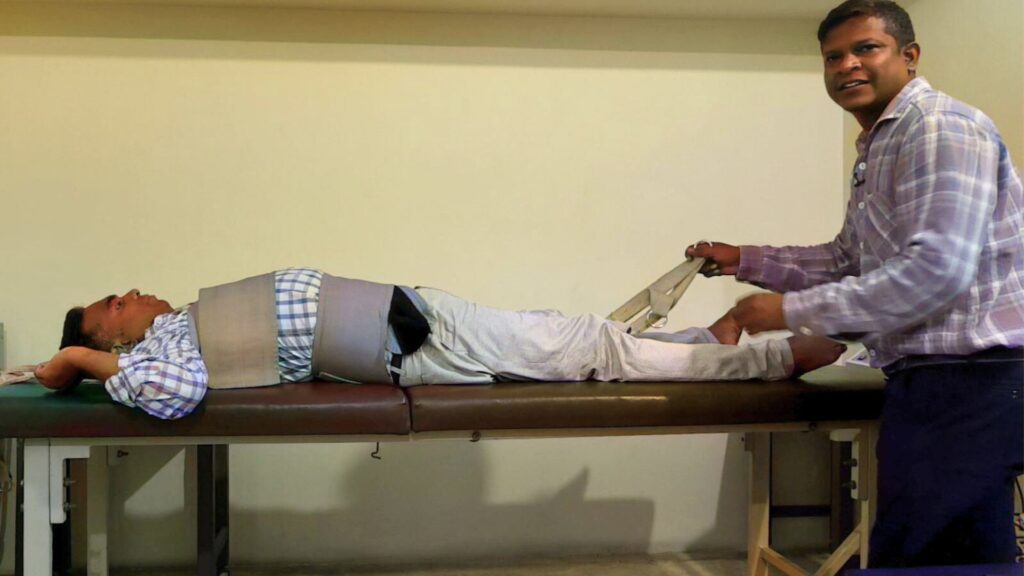
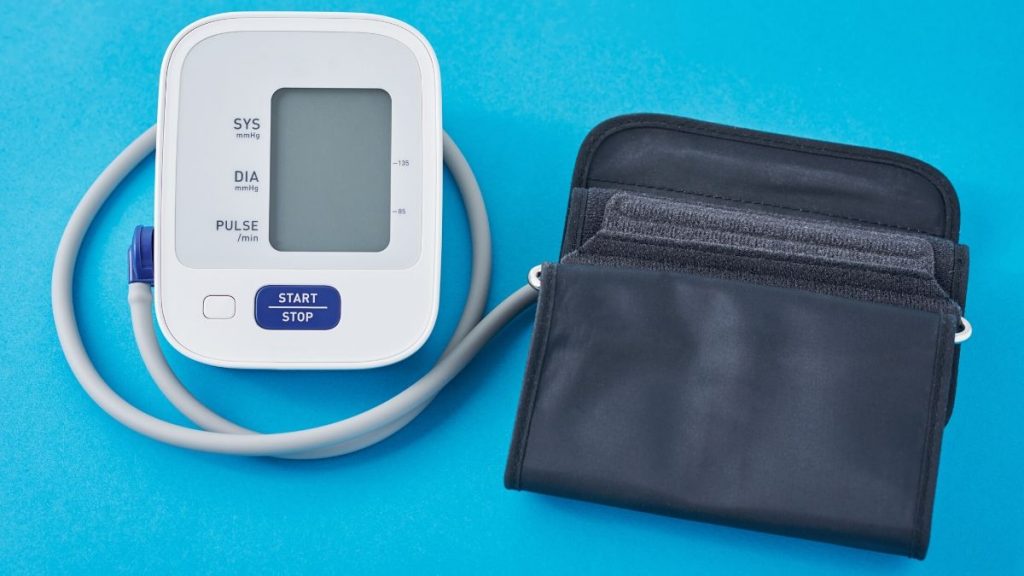

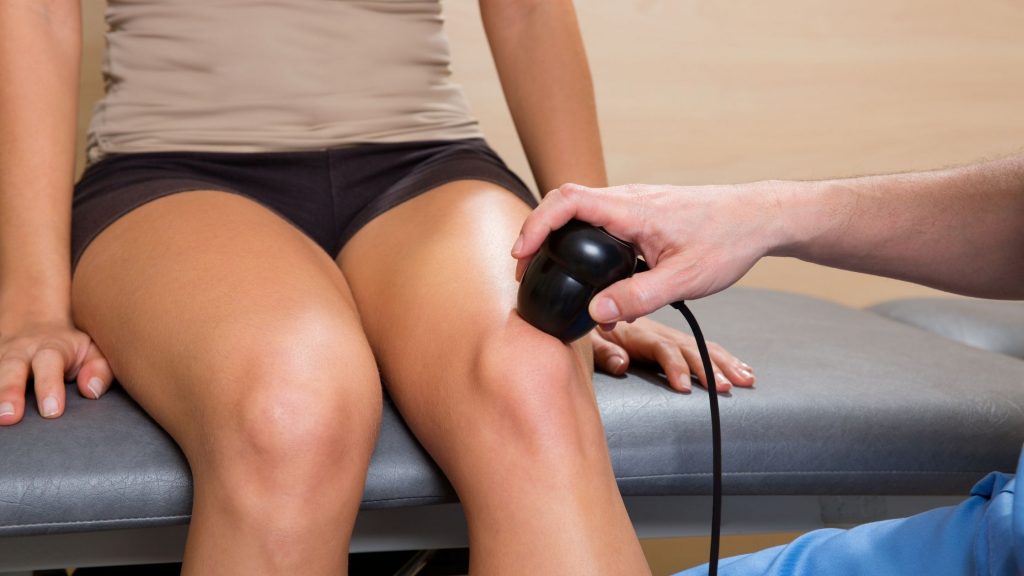

Pingback: IFT physiotherapy: Electrode placement, indication, contraindication - Physiosunit
Pingback: Low Back Spasm, How do I get rid of it? - Physiosunit
Pingback: How to Cure Back Pain Fast at Home? 7 Tips for Quick Relief - Physiosunit
Pingback: Low Back Spasm, How do I get rid of it? : Physiosunit
Pingback: कम पीठ ऐंठन, मैं इसे से छुटकारा कैसे मिलता है? : Physiosunit
Pingback: What About Interesting Facts about Infrared Waves? – Infrared for Health
Pingback: How do I Stop My Shoulder from Hurting when I Sleep? : Physiosunit
Pingback: What are muscle knots? how to get rid of muscle knots : Physiosunit
Great article,Thanks for sharing this amazing information.Easy to read & Easy to understand the information given here.
physiotherapyinmugalivakkam
physiotherapyinporur
physiotherapyinkolapakkam
physiotherapistinmugalivakkam
physiotherapyforhomevisistinporur
physiotherapycenterinporur
Treatment time remains same for knee and waist, watt also is same. It’s the distance of exposure that differs
Dear Dr Sunit
Blog Is Informative, Thanks. I Would Like To Know What Should Be The Period, Time Duration For Knee or Waist. What Could Be Side Effect. Whether Different Wattage for Lamp. Because At Physiotherapist I Found Lamp Is Generating More Temperature & Irritating to Eyes.
I want to buy infrared lamp how much are sell it
Thank you so much
pretty good bby xxx
Nice post, Thank you for sharing valuable information. I enjoyed reading this post. The whole blog is very nice found some good stuff and good information here Thanks for sharing…Also visit my page.
Premium Folding Wheelchair